Endrofloxacin Bolus 3g for Horses: Effective Antibiotic for Treating Bacterial Infections
In the world of equine care, proper treatment for bacterial infections is paramount to maintaining the health and well-being of horses. Endrofloxacin Bolus 3g for Horses is one such critical medication, designed to address a wide range of bacterial infections. Its broad-spectrum activity makes it a go-to treatment for equine veterinarians when they encounter a variety of bacterial pathogens.
Endrofloxacin is a fluoroquinolone antibiotic, known for its ability to combat both gram-negative and gram-positive bacteria. This powerful antibiotic works by inhibiting bacterial DNA replication, effectively eliminating harmful pathogens that cause infections in horses. The bolus form (a large, solid pill) provides a simple and effective method of administration, ensuring the right dose is delivered each time.
What is Endrofloxacin Bolus 3g for Horses?
Endrofloxacin Bolus 3g for Horses is a broad-spectrum antibiotic formulated specifically for the treatment of bacterial infections in horses. It is primarily composed of Endrofloxacin, a fluoroquinolone antibiotic that targets a wide range of bacteria.
Unlike other antibiotics, Endrofloxacin works by blocking DNA gyrase, an enzyme essential for bacterial replication. By disrupting the bacteria’s ability to replicate its DNA, Endrofloxacin prevents the bacteria from multiplying, thus halting the infection.
The 3g bolus format is convenient for oral administration, particularly in larger horses or those needing a higher dosage. This form ensures that the horse receives the appropriate amount of medication without the risk of underdosing or the hassle of multiple smaller doses.
Indications for Endrofloxacin Bolus 3g for Horses
Endrofloxacin Bolus 3g for Horses is prescribed for a variety of bacterial infections, which can range from respiratory to gastrointestinal and urinary tract infections. Below, we outline some of the primary indications for its use:
- Respiratory Infections:
- Treatment for pneumonia, bronchitis, and other lung infections caused by bacteria like Streptococcus and Klebsiella.
- Gastrointestinal Infections:
- Effective against enteritis and colitis caused by coli and Salmonella.
- Urinary Tract Infections (UTIs):
- Treats bladder infections and pyelonephritis, commonly caused by coli.
- Soft Tissue Infections:
- Used for abscesses, wound infections, and muscle infections caused by Staphylococcus and other bacteria.
- Systemic Bacterial Infections:
- Treats a variety of bacterial infections throughout the body, providing broad-spectrum coverage.
Endrofloxacin Bolus 3g is effective for both aerobic and anaerobic bacteria, ensuring comprehensive treatment.
How Does Endrofloxacin Bolus 3g Work?
Endrofloxacin Bolus 3g for Horses works by inhibiting bacterial DNA gyrase, an enzyme necessary for DNA replication in bacteria. Without this enzyme, bacteria are unable to replicate and multiply, eventually dying off. This process is crucial for treating bacterial infections effectively and preventing the spread of infection.
Additionally, Endrofloxacin has high bioavailability in horses, ensuring that a significant portion of the drug reaches the bloodstream and achieves the desired therapeutic effect.
Dosing Instructions for Endrofloxacin Bolus 3g for Horses
Endrofloxacin Bolus 3g is a potent antibiotic used for the treatment of various bacterial infections in horses.
General Dosage Guidelines
- Standard Dosage:
- For horses weighing more than 500 kg, 2 boluses may be administered per dose, depending on the veterinarian’s recommendation.
- Frequency:
- The standard dosing schedule is once or twice a day.
Administration Instructions
- Oral Administration:
- If the horse is difficult to treat, the bolus may be mixed with food (such as molasses, mash, or grain) to ensure complete ingestion.
- Important Considerations:
- Ensure that the horse swallows the bolus completely to avoid underdosing.
- If the bolus doesn’t go down, contact your veterinarian for alternative administration techniques.
- Hydration:
- Always ensure the horse has access to fresh water during the treatment period to help mitigate any gastrointestinal issues, such as diarrhea or colic, that can arise with antibiotics.
Dosage Format for Endrofloxacin Bolus 3g
| Horse Weight (kg) | Dosage (Bolus) | Frequency | Duration |
| Up to 500 kg | 1 bolus (3g) | 1-2 times a day | 5-7 days |
| 500 kg to 1000 kg | 2 boluses (6g) | 1-2 times a day | 5-7 days |
| 1000 kg and above | 3 boluses (9g) | Once or twice a day | 5-7 days |
Additional Tips for Administration
- Timing: Administer at the same time each day to maintain a consistent blood level of the drug.
- Monitor for Side Effects: Keep an eye out for any adverse reactions during treatment, including gastrointestinal upset (like diarrhea) or lethargy.
- Completion of Course: Ensure the full course of Endrofloxacin Bolus is completed, even if symptoms improve, to avoid recurrence of the infection and the development of antibiotic resistance.
Safety Guidelines, Cautions, and Adverse Reactions for Endrofloxacin Bolus 3g for Horses
Endrofloxacin Bolus 3g for Horses is a highly effective antibiotic, but like any medication, it comes with certain safety considerations and precautions that need to be taken seriously to ensure the well-being of the horse. Understanding its side effects, precautions, and the best practices for administration is essential for both horse owners and veterinarians.
Safety Considerations
- Kidney Health
- Endrofloxacin is primarily excreted through the kidneys, so horses with pre-existing kidney issues or those that are dehydrated should be monitored carefully.
- Horses with renal dysfunction should either receive a lower dose or undergo more frequent monitoring of their kidney function during treatment.
- Liver Function
- While Endrofloxacin is not primarily metabolized in the liver, it is important to be cautious when administering it to horses with liver issues. Always inform your veterinarian if your horse has any history of liver disease before starting treatment.
- Hydration
- Ensure that the horse has constant access to fresh, clean water. Dehydration can exacerbate the effects of the antibiotic, particularly in horses with compromised kidney function.
- Age Considerations
- Foals and young horses may be more sensitive to antibiotics like Endrofloxacin, and dosing should be adjusted according to weight and the veterinarian’s guidance. In very young horses, fluoroquinolone antibiotics are often used with caution, as they may affect joint development in young, growing animals.
- Drug Interactions
- Endrofloxacin may interact with other medications. It’s important to inform the veterinarian about any other drugs, supplements, or medications your horse is currently taking, especially those affecting the gastrointestinal system or kidneys.
- Antacids, iron supplements, and calcium may interfere with the absorption of Endrofloxacin, reducing its effectiveness. Be sure to follow the veterinarian’s advice regarding the timing of administration of other medications.
- Prolonged Use and Resistance
- Endrofloxacin should not be used for extended periods unless absolutely necessary.
- Follow the recommended treatment duration, typically 5 to 7 days, and complete the entire course to prevent the development of resistance.
Precautions
- Monitor for Allergic Reactions
- While rare, horses may experience an allergic reaction to Endrofloxacin. Symptoms of an allergic reaction include:
- Swelling of the face or legs
- Itching or rashes
- Difficulty breathing or wheezing
- If any of these symptoms occur, discontinue treatment immediately and consult your veterinarian.
- While rare, horses may experience an allergic reaction to Endrofloxacin. Symptoms of an allergic reaction include:
- Gastrointestinal Monitoring
- Antibiotics like Endrofloxacin can cause gastrointestinal upset, such as diarrhea, colic, or nausea. Monitor the horse for any changes in stool consistency, appetite, or behavior.
- Prolonged diarrhea can lead to dehydration, so ensure the horse has access to fresh water and electrolytes.
- Probiotics may be recommended by the veterinarian to help maintain healthy gut flora during antibiotic therapy.
- Avoid Overdosing
- It’s crucial to follow the prescribed dosage and administration schedule. Never double dose if you miss a dose; instead, follow the veterinarian’s recommendation for the next administration.
- Avoid Concurrent Use with Certain Drugs
- Endrofloxacin should not be used concurrently with other fluoroquinolones or drugs that affect the central nervous system. Combining drugs without the proper guidance may increase the risk of adverse reactions.
Side Effects
While Endrofloxacin Bolus 3g for Horses is generally safe when used as directed, like any medication, it may cause some side effects. Here are the most common and serious side effects to watch out for:
Common Side Effects
- Gastrointestinal Upset:
- Diarrhea or loose stools is the most common side effect.
- Mild colic or abdominal discomfort may occur.
- Lethargy:
- Some horses may experience mild fatigue or reduced activity levels.
- Reduced energy is often temporary and should improve once the infection is under control.
Less Common but Serious Side Effects
- Allergic Reactions:
- Facial swelling, rash, or hives may develop.
- Breathing difficulty (rare but requires immediate discontinuation of the medication).
- Kidney Stress:
- Horses with pre-existing kidney conditions may experience changes in urine output or dark urine.
- Dehydration or impaired kidney function can exacerbate the issue.
- Joint or Cartilage Damage in Foals:
- Foals or young horses may experience joint issues or developmental effects due to the impact of fluoroquinolones on cartilage.
Conclusion
Endrofloxacin Bolus 3g for Horses is a powerful and effective antibiotic for treating a range of bacterial infections in horses. Its broad-spectrum activity makes it an excellent choice for treating respiratory, gastrointestinal, urinary tract, and soft tissue infections. By understanding the indications, dosage, and precautions associated with this medication, horse owners and veterinarians can ensure that horses recover quickly and safely from infections.Always administer Endrofloxacin Bolus 3g as prescribed by a veterinarian, and monitor for any signs of side effects. With the right care and attention, your horse can return to optimal health and enjoy an active life free from infection.







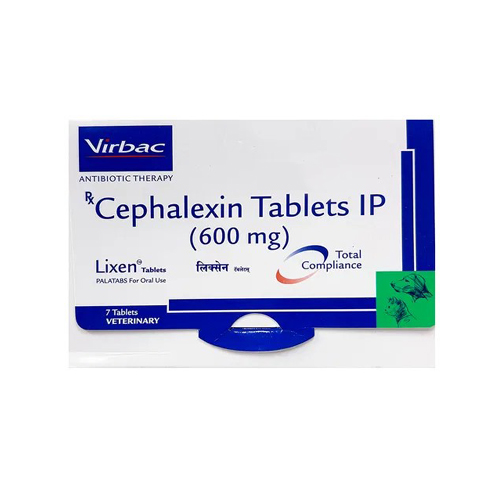
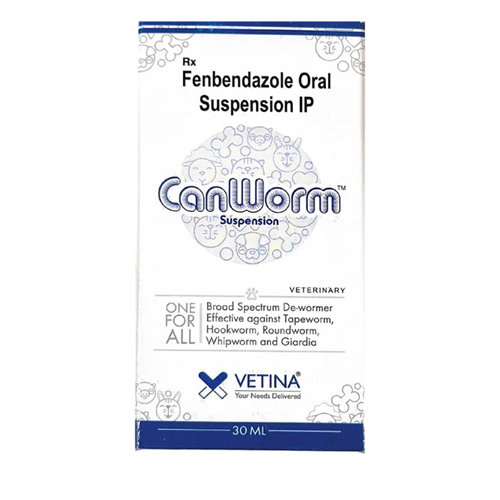



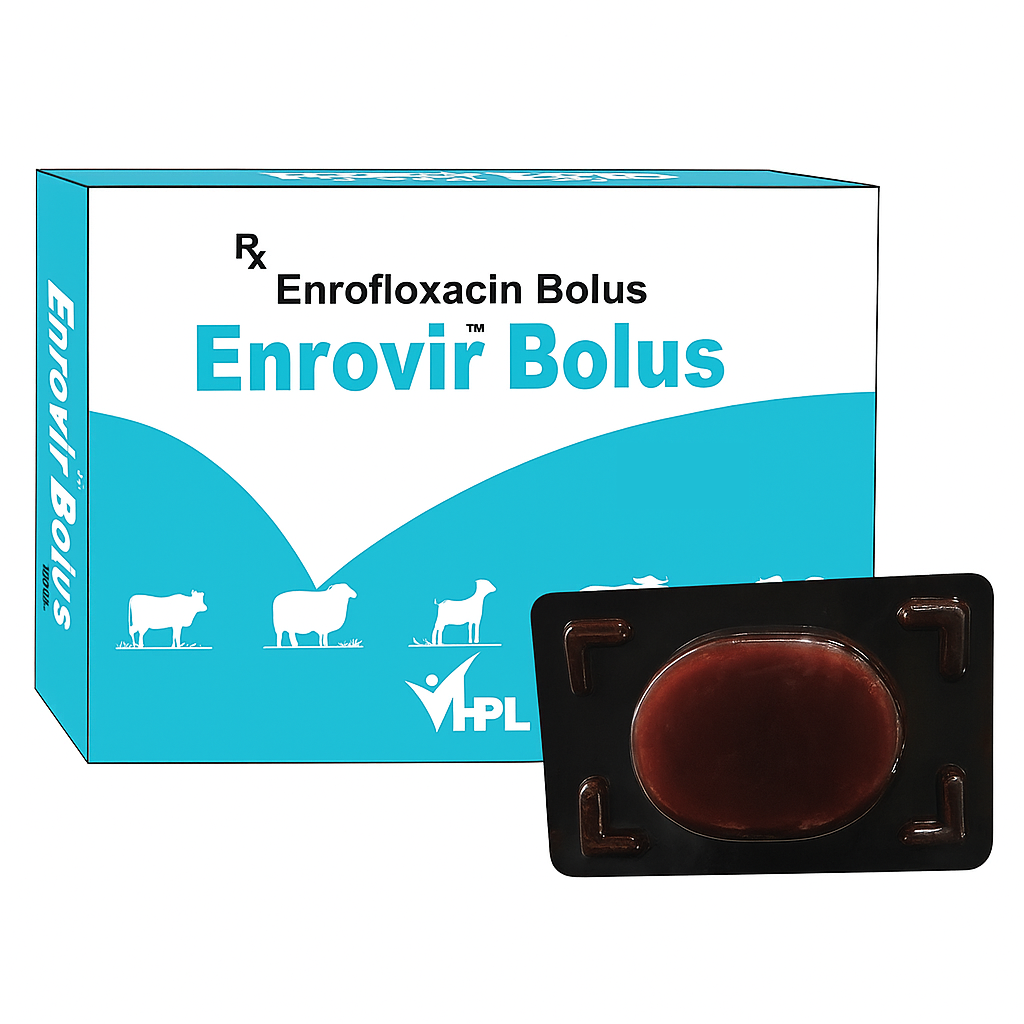
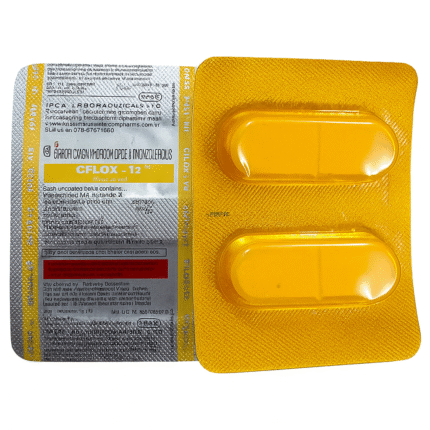
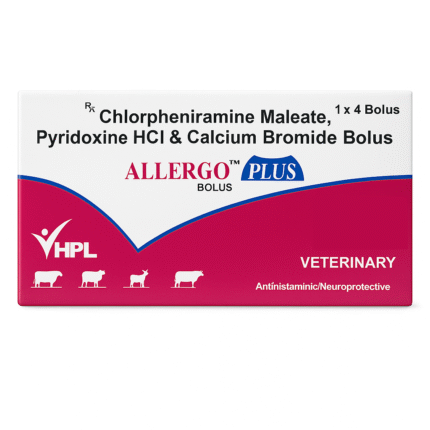

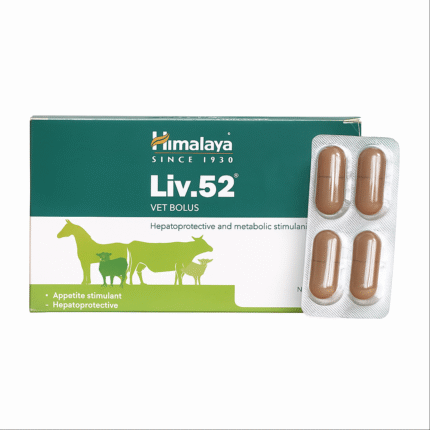
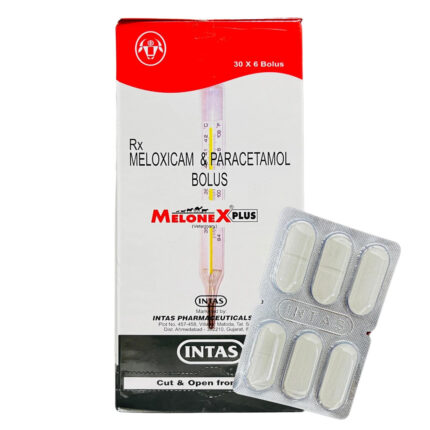
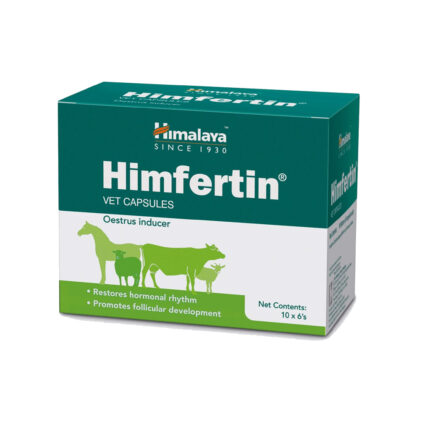
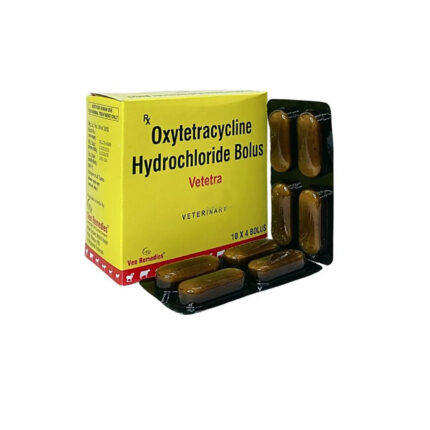
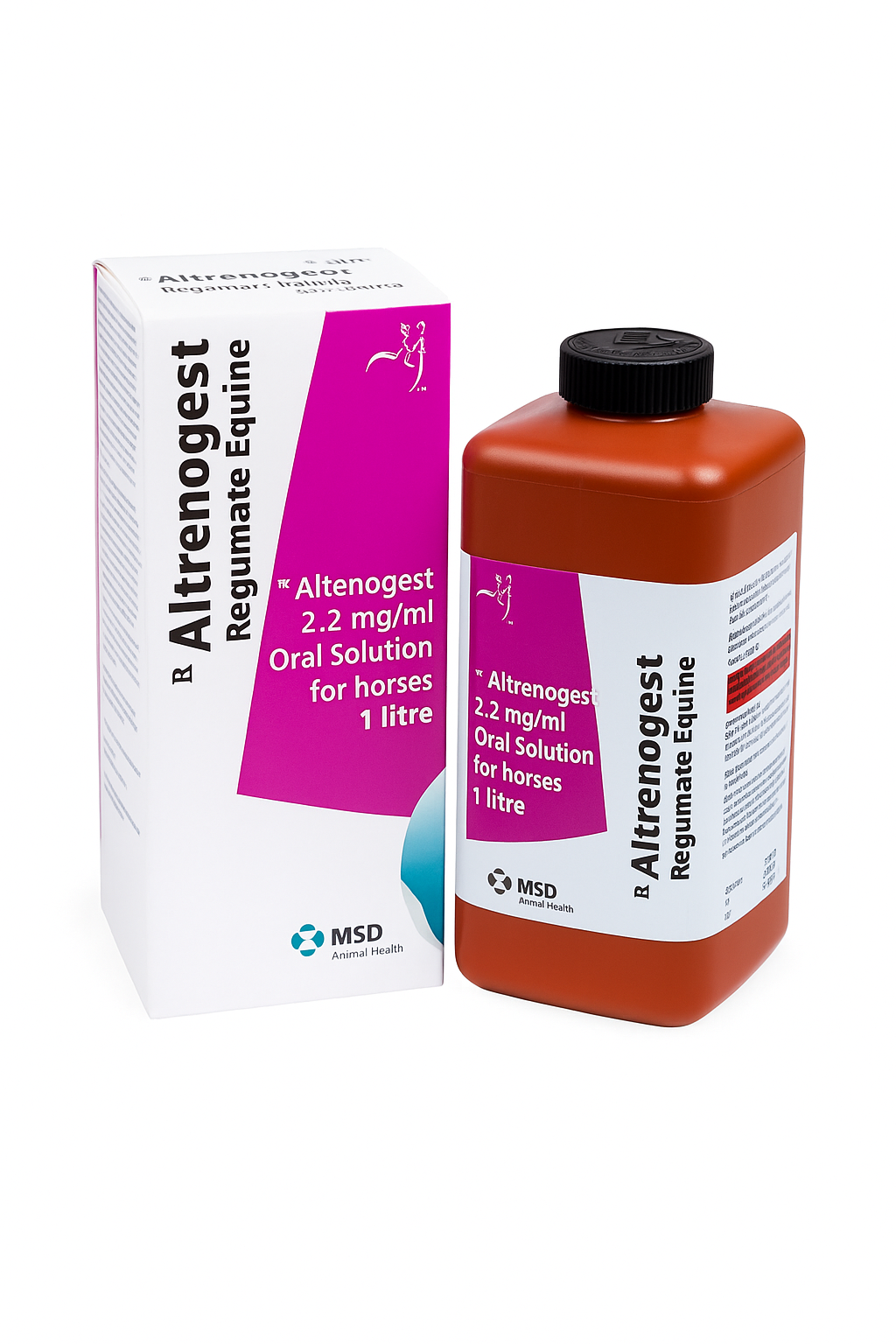
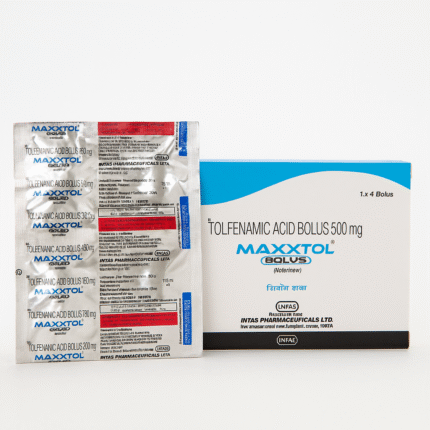
Reviews
There are no reviews yet.